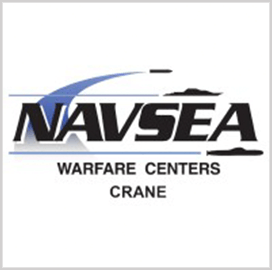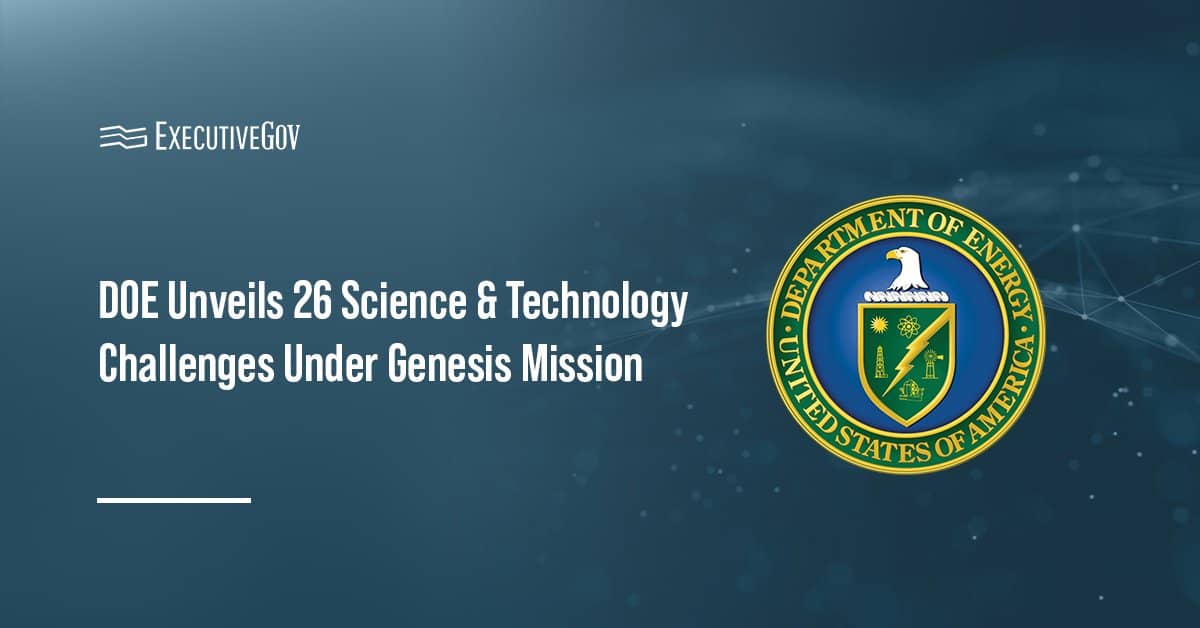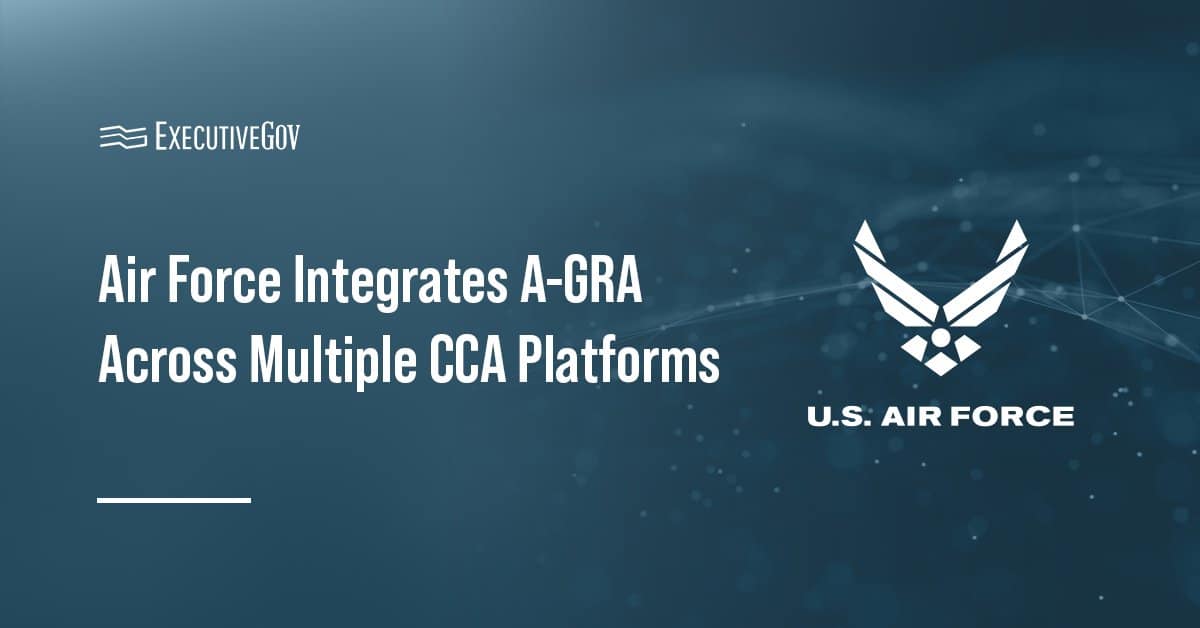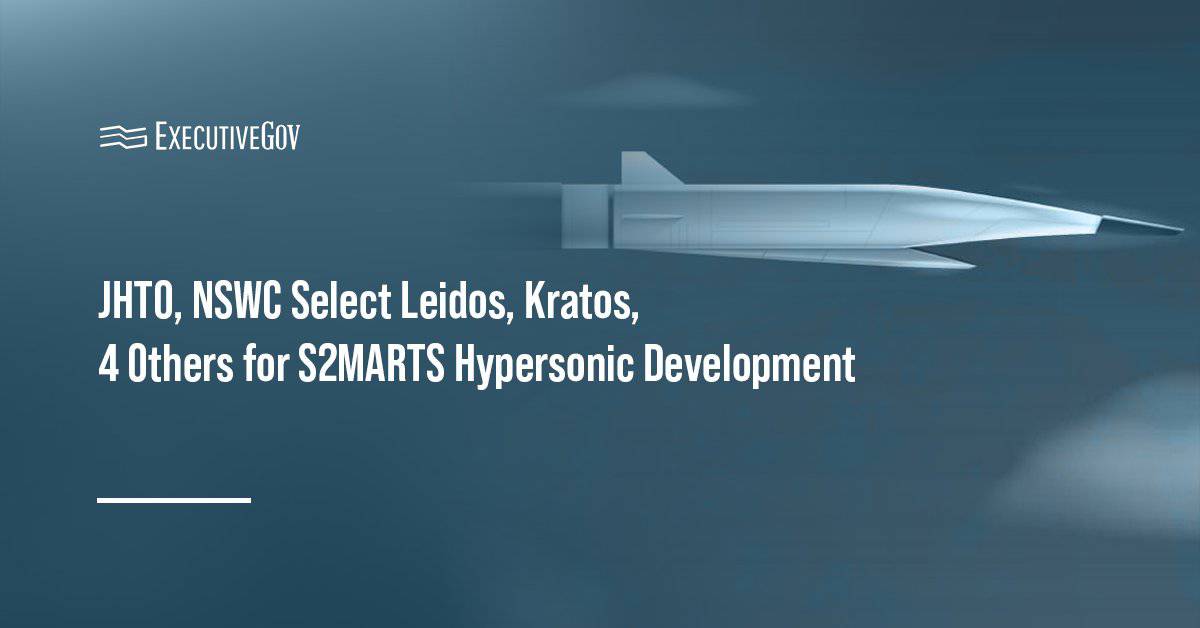Naval Surface Warfare Center Crane Division is requesting industry sources to submit solutions to enhance positioning, navigation and timing capabilities for hypersonic missile systems.
A notice posted Friday on SAM.gov said the NSWC Crane seeks to award multiple project orders under the Strategic and Spectrum Missions Advanced Resilient Trusted Systems other transition agreement to conduct rapid demonstrations of submitted PNT technologies.
NSWC Crane is attempting to assess optical terrain correlation as an alternate PNT source and use machine learning algorithms to improve IMU drift correlation improvements.
Program participants will demonstrate their technologies for potential inclusion in the Navy’s Conventional Prompt Strike initiative.
S2MARTS consortium members have until March 31 to respond to the request for solutions.





